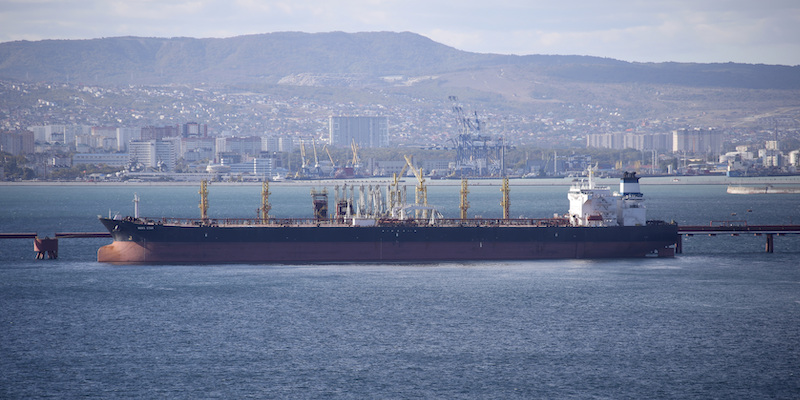Russia’s Deputy Prime Minister Alexander Novak said on Friday that starting in March, Russia would cut its oil production by about 500,000 barrels a day, or about 5 percent of its total output. The decision was taken in retaliation to the ceiling on the price of Russian oil imposed since December 5 by the members of the G7 (Canada, France, Germany, Japan, Italy, the United Kingdom and the United States), the European Union and the Australia. Russia’s goal was to drive up oil prices, and the effect was there: following Minister Novak’s announcement, benchmark prices instantly rose by 2.5 percent.
The ceiling represents a threshold above which it is forbidden to buy Russian oil: in this case it was set at 60 dollars a barrel, a price lower than current market quotations (about 80 dollars a barrel), with the aim of limiting economic revenues of Russia, while ensuring oil exports. Russia is in fact the largest exporter after Saudi Arabia, and banning it altogether would have caused a huge shortfall on world markets, which would have pushed prices up a lot.
The cap is therefore one of the many measures introduced over the last year by various Western countries to increase pressure on the government of Russian President Vladimir Putin due to the invasion of Ukraine.
At the end of December, again in response to the agreement on the ceiling on the price of its oil, Russia made it known that it would no longer sell its oil and its derivatives to the countries that adhered to it. On several occasions had then threatened a cut in production to drive up oil prices.
Oil prices are very sensitive to announcements like Novak’s, because it is precisely on the basis of how much oil is produced that operators set the price: if production increases, there will be more oil available and the price will fall; on the contrary, if production decreases, operators will be willing to pay a lot to buy it, and the price will rise. Russia’s reactions – both the decision not to sell oil to the countries adhering to the agreement and, now, the cut in production – were in any case predictable and expected.
– Read also: Russia has become adept at circumventing sanctions
